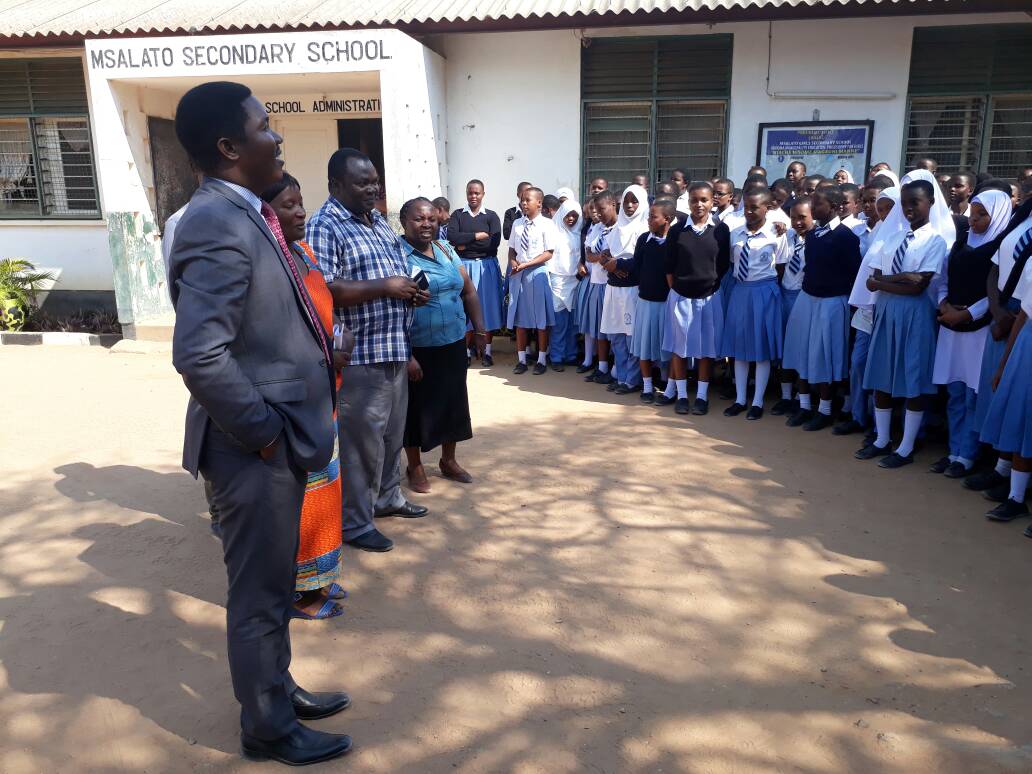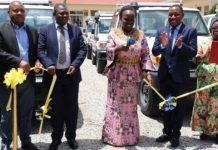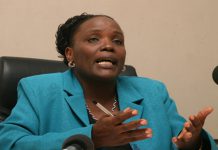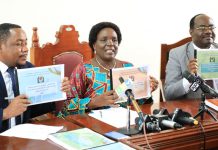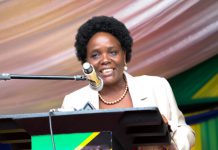Author: NELLY MTEMA
AfricaPress-Tanzania: COMMITMENT to restore disappearing glory and prestige of the country’s oldest and historically famous schools is one of the remarkable achievements of the fifth phase government that will go down in history.
President John Magufuli-led government took initiatives to renovate the learning facilities to meet the desired status they used to display and recognitions.
According to the Minister for Education, Science and Technology, Prof Joyce Ndalichako out of 88 old public schools, the government has so far renovated 73 between 2015/16 and 2019/20, and completed 2,815 structures.
The schools which mostly produced current and past national leaders were damaged and looked bad in shape, including the Ihungo in Bukoba that has since been rebuilt after an earthquake hit it.
Top government leaders including father of the Nation, Mwalimu Julius Nyerere, former President Benjamin Mkapa and some past and current leaders were once students of the old public schools.
The schools including Pugu, Songea Girls, Jangwani, Kilakala, Mzumbe, Ilboru, Same, Bukoba, Tabora Boys, Tabora Girls, Msalato, Dodoma, Mwenge, Bwiru Girls, Sengerema, Kibiti, Moshi Technical, Tosamaganga, Azania, Galanos, Tanga Secondary, Korogwe Girls, Kigoma, Malangali, Urambo, Minaki and Nangwa have reputation in the country.
Others are Mpwapwa, Musoma Technical, Tanga Technical, Ifunda Technical, Moshi Technical, Bwiru Boys, Zanaki, Iyunga, Tambaza, Ndwika, Kisutu, Umbwe, Lugalo-Iringa, Maswa, Loleza, Kahororo, Rugambwa, Nsumba, Usagara, Songea Boys, Dakawa, Ashira, Morogoro, Masasi Girls, Lindi, Shinyanga, Rungwe, Tunduru, Tarime, Iringa Girls, Moshi Boys and Mwanza.
Tracing it was found that some of the top leaders who are product of the old public schools included former national Assembly Speaker, Ms Anne Makinda (Kilakala Girls), Speakers Job Ndugai and Cleopa Msuya (Moshi Secondary), Pius Msekwa (Pugu), the late Samwel Sitta (Tabora Boys).
Former President Benjamin Mkapa and Prime Minister, Kassim Majaliwa (Kigonsera), retired President Jakaya Kikwete (Kibaha-O-level and Tanga (A-level), Deputy Speaker, Dr Tulia Ackson (O-level-Loleza and A-Level-Zanaki Girls).
However, Prof Ndalichako said the move to repair the institutions from becoming totally forgotten was part of a bigger reform package to improve their learning environment as well as others countrywide.
The renovation was conducted in phases after the government set aside 1.39trn/- to cater for 33 schools in the first stage.
She further said it also involved renovating Iyunga Secondary School, after its two hostels were burnt to ashes.
The programme equally involved providing good infrastructures, which would render best learning conducive, after students faced difficulties while studying.
The government commitment was especially witnessed in the first phase of the fifth regime under President John Magufuli administration, where free education triggered bigger enrolments of students.
Reached for a comment, Permanent Secretary in the Ministry of Education, Dr Leonard Akwilapo said for a long period of time they have been receiving grievances from parents, teachers and students concerning poor status of the schools, and it was necessary to respond.
Equally, the outdated infrastructures were unearthed in a number of researches carried out as a strategy to improve performances of public schools in the country.
The fifth phase government was determined to work on all challenges facing the education sector and to improve students’ performances after realisation that public schools were excelling and appearing in top ten lists best schools in the national examinations.
Jangwani Secondary School Headmistress, Ms Geraldine Mwanisenga, said the renovation has been of much help and raised spirit of the teachers and students to work hard.
Adding she noted that once the institution(s) were renovated, teachers and students felt secure and hence, spent more time at school for studies.
“Both students and teachers’ toilets were in bad conditions and sometimes even discouraging for teachers to remain in school after their teaching sessions.
“The outdated infrastructure repair has made working conditions so friendly now that, example Jangwani Girls school that was built more than 88-year ago, is now in high demand to accommodate students with special needs,” she added.
In 1990s the government introduced inclusive education at the schools to cater for special needs students to also have a chance to study in friendly environments.


